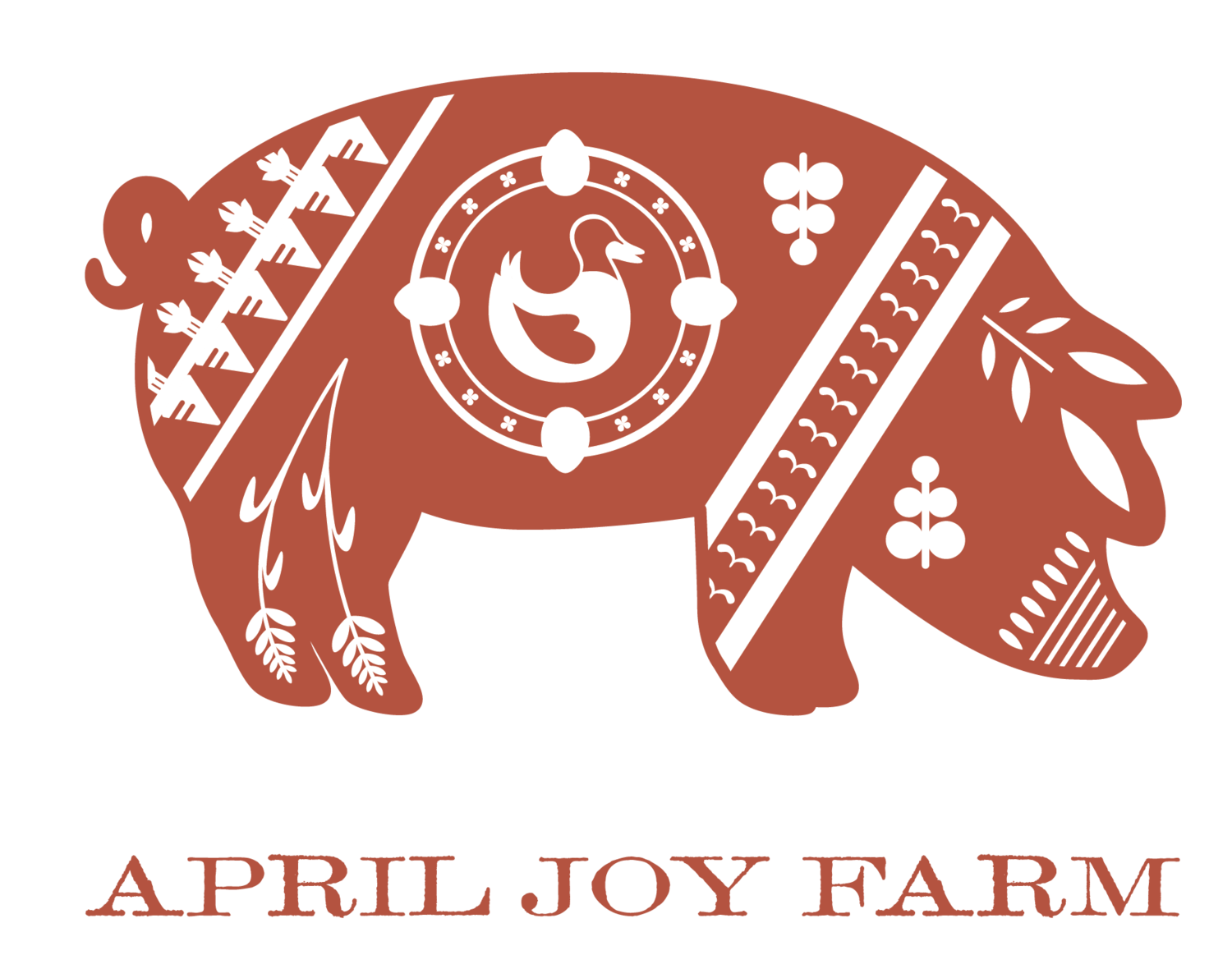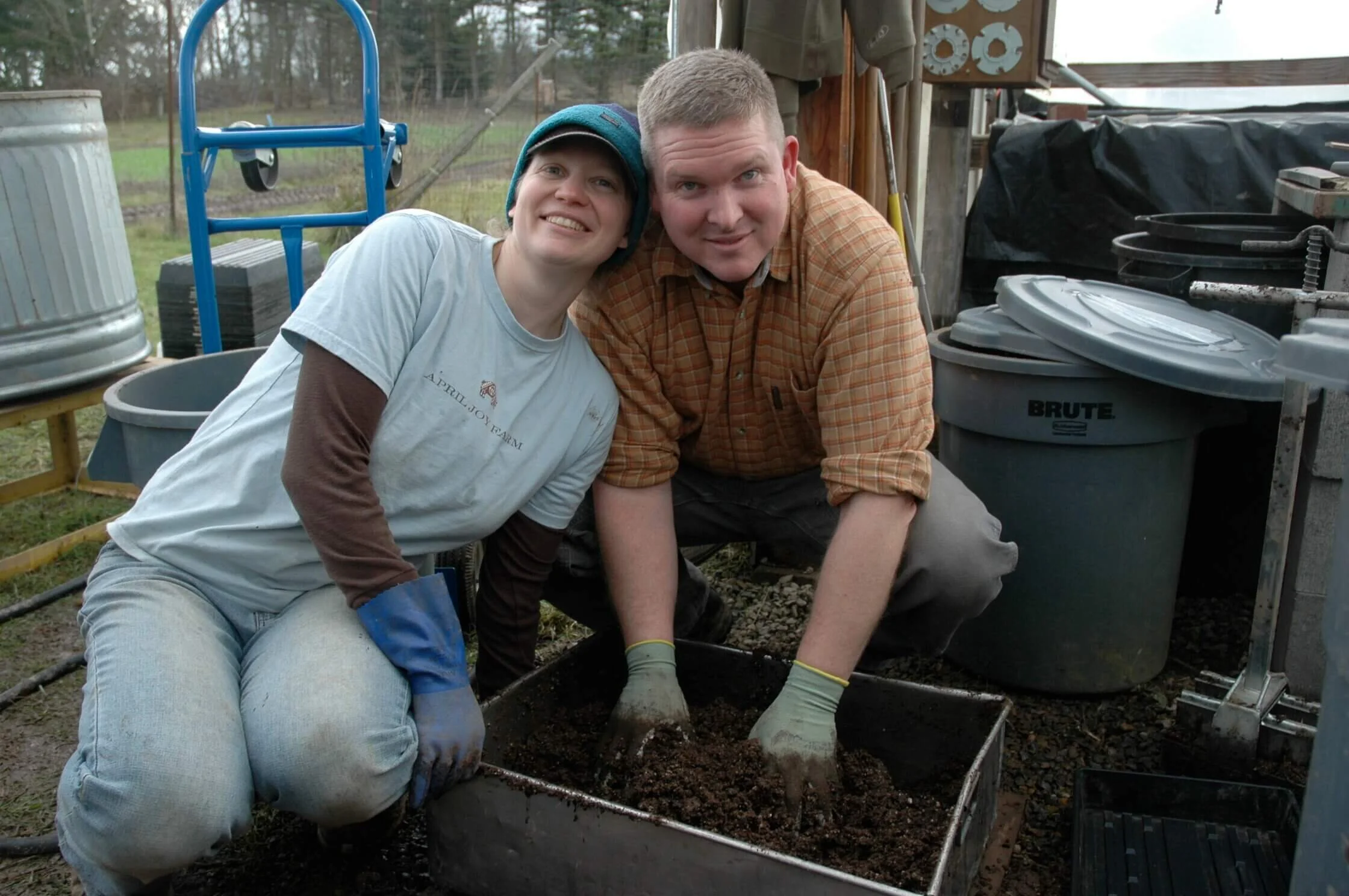Nourishing Bites | Layer by Sweet Layer Part II
Transplant Day | Barely visible onion seedlings dot the land.
Part II | Part 1
The word onion comes from the Middle English union, which comes in turn from the Latin unio literally “one, unity.”
Each year after we transplant our onion crop to the field, for weeks afterward I hope and watch and hold my breath. Will these thin as-a-whisper seedlings find their way? Will they establish their roots firmly in the Earth and connect vigorously with the surrounding soil community? Will they successfully navigate the challenges of growing unsheltered to form beautiful bulbs? Plants are quiet beings, full of grace. They go about the hard work of relocating, of finding their bearings, of enduring thirst, hunger, storm, and pest, in seemingly quiet repose. This quietness belies unwavering determination. This is not passivity; this is actively, purposely, fiercely extending one’s self toward life itself. This is bravely showing up in the world.
***
Old Green has retired from farm work, but last Sunday, Brad loaded black crates onto the golf cart bed and headed to the onion field. Archie and I walked out to meet him out there, and from afar, I watched this man, with patience and care, unearth these orbs of sunlight and sulfur, brush off the soil and nest them gently into a crate tipped on edge. He did not rush, he did not dally. He did not waiver or stop or give up.
In much the same way, Brad too, went about the hard work of relocating to this farm. From the beginning, he has exemplified what it means to quietly be in a place, with trust and a deep reverence for the natural systems that surround him. He has committed himself to this farming life, with unwavering determination, bravely showing up in my world.
***
It was with surprise and delight Brad and I realized this year’s onion harvest marked a meaningful milestone. Together, we have now shared a decade of life and partnership. So it was fitting, on this unassuming anniversary, we were out harvesting Ailsa Craig sweet onions, for what could possibly be sweeter than a love story?
Last Sunday’s time together in the onion field was not planned, we did not intentionally schedule it. Rather, it came together, dropped into our laps like the gift of a good and gentle rain. In tending our relationships with animals and plants and each other, farming has taught us both that we must be aware and engaged with our surroundings. We are pressed continually to develop our visual and intuitive listening skills, rather than auditory- for so much meaning in our world happens without words. Sunday’s onion harvest was another reminder that our work is to recognize these moments for what they are when they arrive, instead of laboring to choreograph elaborately contrived events.
It is in this very way, our partnership has grown, seed by seed, season by season. We find small miracles and celebrate them in each other's company. We honor and mourn the losses at each other’s side. No fanfare, no fancy table settings needed, for the ecological system we are steeped in provides all the glory, delight, hardship, and lessons we could possibly hope for. Navigating this work together has created a perpetually enfolding bond, of kinship and comfort.
It is one thing to have a life partner, it is quite another to be partners at work. And we are partners to the fullest extent of the word. Brad and I are blessed and lucky, yes, but we also have the wisdom of loss layered into our own stories, which makes our time together more special, more precious. We tend and care and support and love one another so we can love this farm, our community, our world.
Likewise, onion harvest does not happen without sustained commitment. Without the tedious seeding of flats, the meticulous and very careful watering methods, the gentle topdressing, the long transplanting day (yes, truly, we put out nearly a ½ mile row of onions), the weeding, the weeding again, the blessing and encouraging, and then the holding of breath- like the first day you send your child off into the world to climb on the school bus- onion harvest is but a passing thought.
It is said good things take time, I would add nurturing equanimity and goodness with ourselves and each other takes intention and true laboring. Laboring that is sometimes tedious, sometimes meticulously difficult and full of weedy doubt. Regardless, at every turn, there is opportunity for blessings and encouragement, for filling each moment with listening and loving. Learning and growing towards our world - extending our roots and arms and hearts outward beyond what is safe and known, takes both unwavering determination and brave action.
We are each other's keepers.
***
I have heard it said that knowledgeable people “know their onions.” As farmers, we are forever reminded to recognize the preciousness, power, and possibility of the seeds in our hands and the hearts in our care.
And here now, is yet another reason I so deeply cherish my work as a farmer.
Farm stewardship provides ample metaphor for the work of loving each other, of growing toward each other. With great care and thoughtfulness, each year, every year, without fail, Brad and I intentionally choose where to focus our energy and love. We intentionally choose what to plant, what to repair, what to hold tenderly, what to heal, and what to let go. We do this as one, in unity, together.
***
Ancient Egyptians often buried their loved ones with onions. For them, the concentric rings symbolized eternal life. Just as onions grow, we too, create our lives, our character, our world. Season by season, it is up to us to pay attention, and to grow. It is up to us to pass on the hard-earned wisdom of compassion, patience, and grace, so it too may reside eternally here on Earth. This wisdom comes from our connections, from the intentional stewarding of relationships with each other. Layer by layer, we cannot grow sweet alone. Layer by sweet layer, it is only together, in community, that we flourish. ~AJ
January 2012 To/I Do’s | Seed the onions in the morning, get married in the afternoon.
More about Growing Onions
Onions are photothermoperiodic — meaning they are sensitive to changes in temperature and light.
Steve Solomn explains in his book Growing Vegetables West of the Cascades:
The size of the bulb will be only as large as the tops grew before bulbing started. Bulbing stops further top growth. Bulbing is initiated by the change of day length and will happen when the genes of that particular variety program bulbing to occur. It will occur regardless of how large or how puny the tops have become. To grow big bulbs you must do everything possible to encourage top growth because the photosynthesis that occurs after bulbing begins makes the food that gets stored in the bulb. The onion plant stores only a little food in its leaves. At first it uses all the surplus food it can make to build even more leaves. Then it uses all of the surplus food the leaves make to store in a bulb. When the bulb is largely completed, the tops winter away, and as they do so the last remnants of nutrients held in the leaves are translocated into the bulb, making it get a bit bigger.
“There are two main types of onions: those grown in northern latitudes that bulb in response to long days, and those grown in southern latitudes that bulb in response to short days. The long day onions grown in Washington will start to bulb when there are 14 hours of daylight. If they are not planted early enough in the spring, bulbing will begin before the plant grows enough to produce a large bulb.” ~ Washington State University Extension Fact Sheet FS097E
Sharing Love
From the Book of Delights, by Ross Gay
“I adore it when I see two people—today it was, from the looks of it, a mother and child here on Canal Street in Chinatown—sharing the burden of a shopping bag or sack of laundry by each gripping one of the handles. It at first seems to encourage a kind of staggering, as the uninitiated, or the impatient, will try to walk at his own pace, the bag twisting this way and that, whacking shins or skidding along the ground. But as we mostly do, feeling the sack, which has become a kind of tether between us, we modulate our pace, even our sway and saunter—the good and sole rhythms we might swear we live by—to the one on the other side of the sack.
I suppose part of why I so adore the sack-sharing is because most often this is a burden one or the other could manage just fine solo—which makes it different from dragging Granny’s armoire up two flights of steps, say, or wrestling free a truck stuck hip-deep in a snow bank. Yes, it’s the lack of necessity of this act that’s perhaps precisely why it delights me so. Everything that needs doing—getting the groceries or laundry home—would get done just fine without this meager collaboration. But the only thing that needs doing, without this meager collaboration, would not.”


